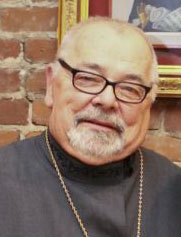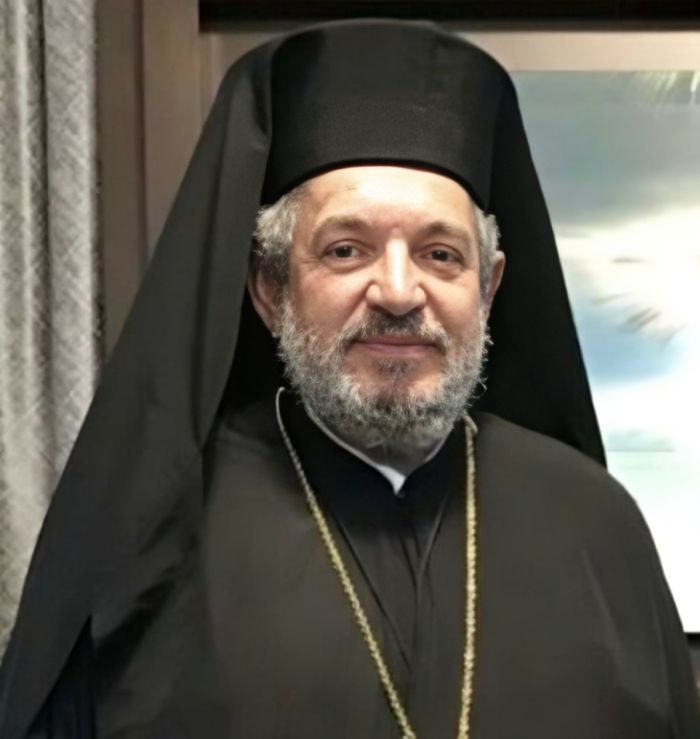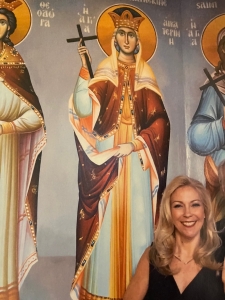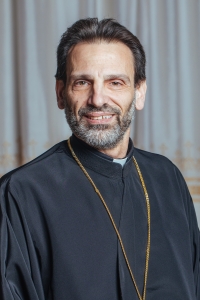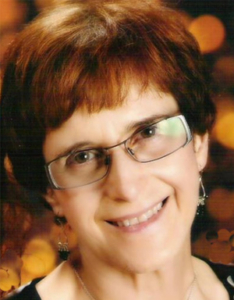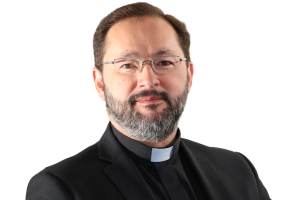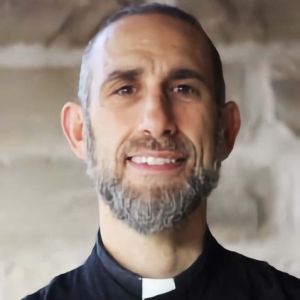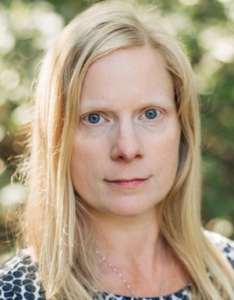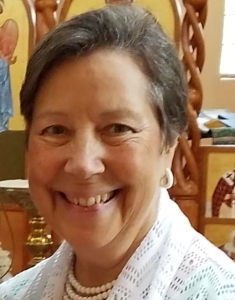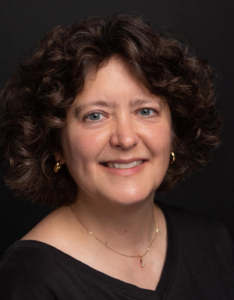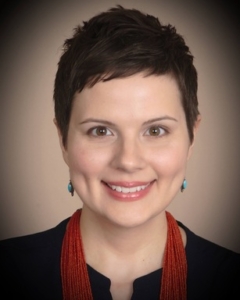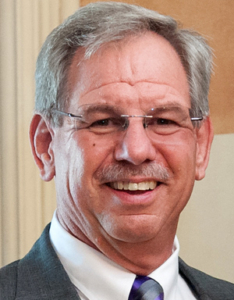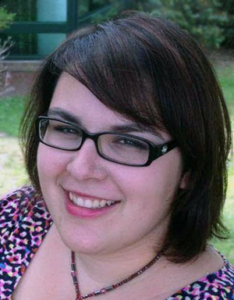Bishop Ordains Orthodox Christian Woman as Deaconess in Response to Local Needs in Africa
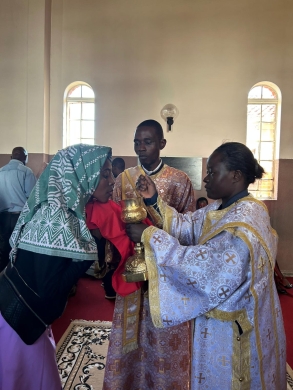
Deaconess Angelic administering Holy Communion
Read “Reflections on the Ordination of Deaconess Angelic” by St. Phoebe Board Chair Dr. Carrie Frederick Frost published on Public Orthodoxy, May 17, 2024
PRESS RELEASE
May 2, 2024
Harare, Zimbabwe
On May 2, 2024, Holy Thursday, Angelic Molen of Harare, Zimbabwe, was ordained Deaconess Angelic in the Greek Orthodox Patriarchate of Alexandria and all Africa (the Orthodox Church in the continent of Africa) by His Eminence Metropolitan Serafim of Zimbabwe (Kykotis) in St. Nektarios Mission Parish at WaterFall. This historic event would not be possible without the approval and support of the Alexandrian Synod and His Beatitude Theodorus. The ordination of Deaconess Angelic, using the Byzantine rite, was the culmination of efforts around the world to renew the ancient order of deaconesses in the Orthodox Church, and specifically for the local needs of parishes in Africa.
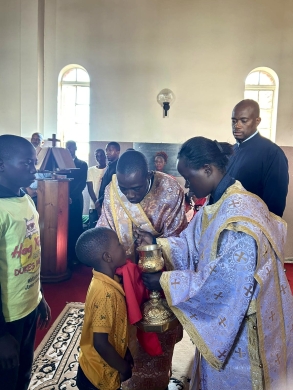
Deaconess Angelic is a respected member of the Orthodox community of St. Nektarios Mission Parish. For years, she has worked to engage the Orthodox youth of Zimbabwe and build a foundation of pastoral care within her community. She has organized church school, mothers’s groups, and youth meetings. Deaconess Angelic is pursuing university education in order to better serve as an ordained member of the Orthodox Church. She is studying Geography and Environmental Studies, placing the sanctity of Earth at the forefront of her work. She said, “The Earth is a sacred gift from God. We must protect it from harm and live in harmony with the plants, animals, and every living thing.” She received special training on ecology; and will oversee ecological initiatives for the network of parishes in Zimbabwe.
When asked how she felt about her ordination, Deaconess Angelic said, “At first I was nervous about going into the altar, but when Metropolitan Serafim blessed me to enter the altar as part of my preparation this week, those feelings went away and I felt comfortable. I am ready.” Deaconess Angelic also received a positive reaction from her community, saying that her parish, St. Nektarios truly supports her, and she feels the Holy Spirit at work.
For the first thousand years of Christianity, the female diaconate flourished, with her duties based on the particular needs of the communities, including assisting with female baptisms, taking the Eucharist to the homebound and ill, education, administrative work, and other ministries primarily focused on women. Since 1855, numerous calls have been made to revive the female diaconate for the upbuilding of the Church. 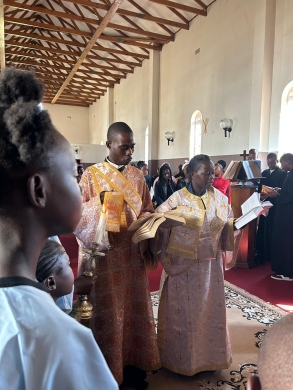
The ordination of Deaconess Angelic in Zimbabwe was the fulfillment of the unanimous decision of the Holy Patriarchal Synod Greek Orthodox Patriarchate of Alexandria in 2016 to follow the Apostolic Tradition of the Orthodox Church to renew the ancient institution of deaconess for pastoral reasons. The decision of the Synod was in part based on the Rhodes Consultation as well as the 2016 Holy and Great Council’s affirmation of the ability of the local Church to minister to local pastoral needs. The Alexandrian Patriarchate in Africa felt the need to revive this order to serve the daily pastoral needs of Orthodox Christians in Africa.
Thus, the ordination of Deaconess Angelic for ministering to the unique needs of the Orthodox Churches in Africa marks a significant event in the modern world.
When asked about the role of Deaconess Angelic and future deaconesses in Africa, Metropolitan Serafim said she will have liturgical and pastoral roles. He said, “She is going to do what the deacon is doing in the Liturgy and in all the sacraments in our Orthodox services.” Her specific ministerial duties will address the particular needs of the parishes in Zimbabwe, as well.
In 2017, first steps were taken to renew the order of deaconesses in Africa when His Beatitude Theodoros II, Pope and Patriarch of Alexandria and All Africa consecrated five women in Democratic Republic of Congo. There is a distinction in the orders of clergy in the Orthodox Church between “minor orders” which are consecrated positions and “major orders” which are ordained positions, directly connected with the sacramental life of the church. Deaconess Angelic was ordained, which marks a return to the apostolic tradition of the institution of the diaconate.
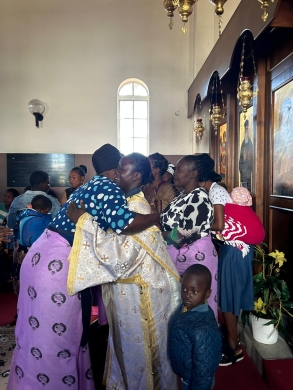 Metropolitan Serafim wrote, “One of the most important fields of work of the deaconess was the exercise of the works of love. They were the angels of mercy and the visiting sisters of the sick, the ‘grieving’ and poor women, imparting to them the gifts of Christian love. The deaconesses visited the imprisoned Christians, bringing them the offering.” He noted that the work of deaconesses today would not be identical to that exercised in Byzantine times; he says that nevertheless “we must admit that women can offer the Orthodox Church a great missionary work,” and highlighted their missionary, catechetical, and teaching work.
Metropolitan Serafim wrote, “One of the most important fields of work of the deaconess was the exercise of the works of love. They were the angels of mercy and the visiting sisters of the sick, the ‘grieving’ and poor women, imparting to them the gifts of Christian love. The deaconesses visited the imprisoned Christians, bringing them the offering.” He noted that the work of deaconesses today would not be identical to that exercised in Byzantine times; he says that nevertheless “we must admit that women can offer the Orthodox Church a great missionary work,” and highlighted their missionary, catechetical, and teaching work.
Holy Thursday was chosen by Metropolitan Serafim for this historic event because the Divine Liturgy served on this day commemorates the institution of the Holy Eucharist; thus, the ordination connects the work of the diaconate to the Eucharist.
Dr. Carrie Frederick Frost, the St. Phoebe Center for the Deaconess Board Chair (the nonprofit in the US dedicated to educating about and advocating for the revival of deaconesses) witnessed the ordination along with her daughter Annie. “I am honored to be with the Orthodox people of Zimbabwe, especially His Eminence Metropolitan Serafim and Deaconess Angelic on this historic occasion, and I am moved by their courage and foresight,” Dr. Frost stated. “This is not just an important event for the Orthodox community in Zimbabwe, but it will stand as an example and an inspiration to the rest of the Orthodox world to restore this vital ministry of deaconess.”
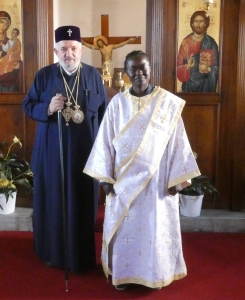 Deaconess Angelic was elevated to archdeaconess by Metropolitan Serafim at the temporal parish of Panagia Kykkos on Holy Saturday, May 4.
Deaconess Angelic was elevated to archdeaconess by Metropolitan Serafim at the temporal parish of Panagia Kykkos on Holy Saturday, May 4.
Photos by Annie Frost









